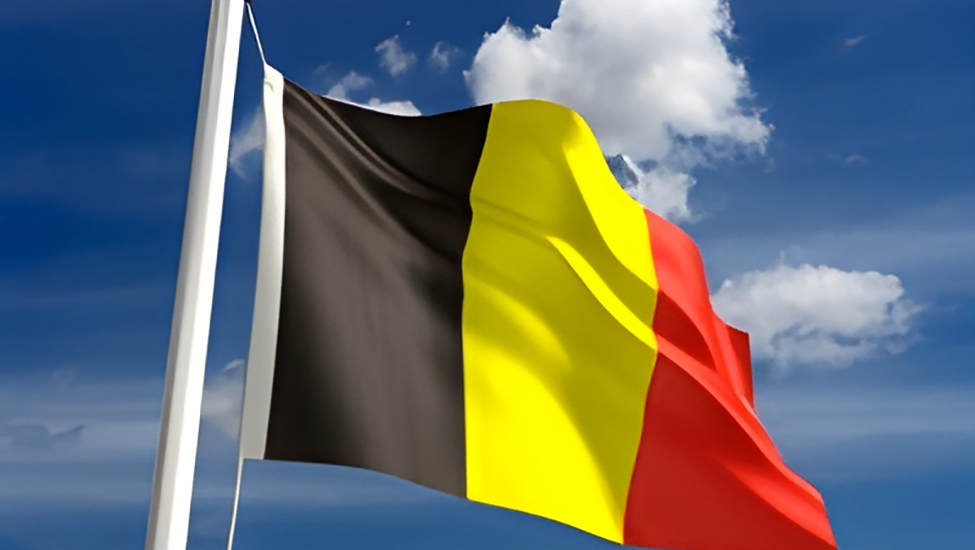The Newsletter n°506 — 24 oct. 2011
La Lettre
—
24 October 2011
Vote for the Foundation!
1 January 1970

Ukraine
1 January 1970
Bulgaria
1 January 1970

Federal Elections in Switzerland
1 January 1970
Ireland
1 January 1970
Spain
1 January 1970
Rating further downgraded
1 January 1970

2012 Growth Reduced
1 January 1970
Ireland is recovering
1 January 1970
Rating downgraded
1 January 1970
24 Italian banks' ratings downgraded
1 January 1970
Greece
1 January 1970

Moving towards a solution to the crisis?
1 January 1970
Improving connections in Europe
1 January 1970

G20 and protectionism
1 January 1970
The launch of Galileo Satellites
1 January 1970
Financial Market Regulation
1 January 1970
Agriculture
1 January 1970

The Court of Justice rejects the patenting of the human embryo
1 January 1970

Administration on-line
1 January 1970

Departure of Jean-Claude Trichet
1 January 1970

Germany discusses quotas to feminise company boards
1 January 1970

Negotiations
1 January 1970

ETA/the end of armed combat
1 January 1970

Constitutional Reform
1 January 1970

"Towards economic government of the euro zone"
1 January 1970

Ignazio Visco appointed head of the Bank of Italy
1 January 1970

Dombrovskis, outgoing Prime Minister, asked to form a new government
1 January 1970

Referendum?
1 January 1970

Interim Government
1 January 1970

Dissolution of Parliament
1 January 1970

Initial negotiations with the EU
1 January 1970

Russian-Ukrainian Summit on Gas Tariffs
1 January 1970

Libya - end of the misson on 31st October
1 January 1970

Trade
1 January 1970

Social Climate
1 January 1970

Europeans and the Crisis
1 January 1970
Report on Youth Unemployment
1 January 1970

Anti-Fraud Report
1 January 1970
Miro, Momet, Matisse - The Nahmad Collection
1 January 1970

Perugino in Munich
1 January 1970
Cézanne et Paris
1 January 1970
Agenda
les 24th-27th October
Plenary Session of the European Parliament (Strasbourg)
26th October
Euro Zone Summit ()
27th October
Presidential Election (Ireland)
28th October
Justice/Internal Affairs Council ()
30th October
Presidential Election (2nd round) (Bulgaria)
les 3rd-4th November
G20 Summit (Cannes)
The European Union between the United States and China: should we choose between equidistance and following?
What future for European defence?
Europe in a fragmented global economy: making the most of the single market and competition policy
European Defence and Russia
Cyprus: 20 years of membership of the European Union, between singularities and a theatre of geopolitical oppositions.
The Editors of the Newsletter :
Magali Balent, Pauline Massis-Desmarest, Inga Groth, Charles de Marcilly, Pierre Thibaudat ,Katrin Gebhard, Venise Ollivier, Jennifer Ruther, Julian Schorpp, Jan Wilker
N°ISSN : 2729-6482
Editor-in-Chief :
Pauline Massis-Desmarest
Director of Publication :
Pascale Joannin
Any questions or suggestions?
Contact Us!







